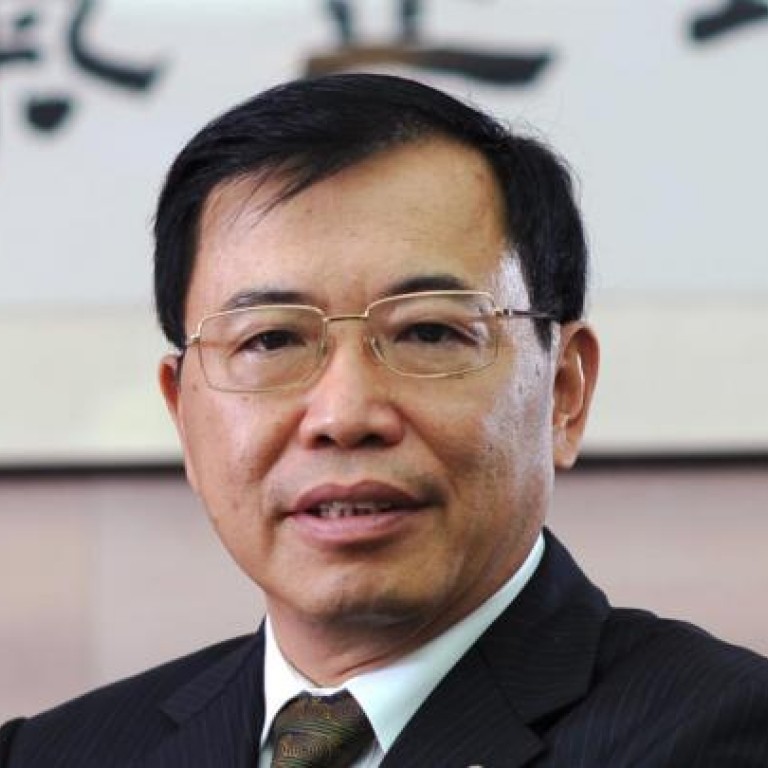
State Council vows to give business a freer hand
Investment approvals to be streamlined; social groups and charities to get more say on projects
The State Council yesterday issued its latest plan to reduce red tape and administrative intervention in business, part of a major drive by the new leadership to build a more market- oriented, macro-regulating and efficient government.
The measures include streamlining the review and approval of investment projects, giving more leeway to social organisations and charities, and giving more say to local governments.
"Currently, numerous operational, organisational and division-of-labour problems exist in State Council ministries," State Council secretary general Ma Kai said in a speech to the National People's Congress.
He added that "breach of duty, using positions for personal gain and corruption" had not been effectively constrained.
Ma said the most important task of the restructuring plan was to transform and streamline government functions. The plan pledges to minimise and decentralise the review and approval process for investment projects, reduce administrative fees and charges, and integrate the registries of housing, forest and land.
The government will cut the links between industrial associations and their affiliated governmental bodies, and encourage social organisations in the areas of commerce, science and technology, charity and community services.
The ultimate goal of the plan is build a smaller, cleaner and more efficient government.
Delegates, particular those from business, attending the annual parliamentary session generally welcomed the proposals, seeing them as the new leadership's signal for further market-oriented reform. However, some were sceptical, noting the failure of previous such efforts.
"It will reduce red tape and boost efficiency," said Li Dongsheng , an NPC delegate and chairman of Hong Kong-listed TCL Corporation.
"It will be a hard task, but we must do it," said Wang Biao , another NPC delegate and a senior executive with Sinopec.
Chi Fulin , director of the China Institute for Reform and Development and a member of the National Committee of the Chinese People's Political Consultative Conference, is sceptical about the real effect of the government-initiated reform.
"Self-reform [initiated by government departments themselves] is always difficult. Behind every department there is huge vested interest," Chi was quoted by Xinhua as saying.
Ma Guoxian , director of the Public Policy Centre of Shanghai University of Finance and Economics, said: "I am perplexed by the plan, as I fear it will go nowhere eventually like the previous ones so long as there is no law there to define government departments' role and function clearly, and so to limit their unabated power."
He added that if the government were sincere about restructuring, it should start to enact laws to define each department's role, function and responsibility in economics and governance.

